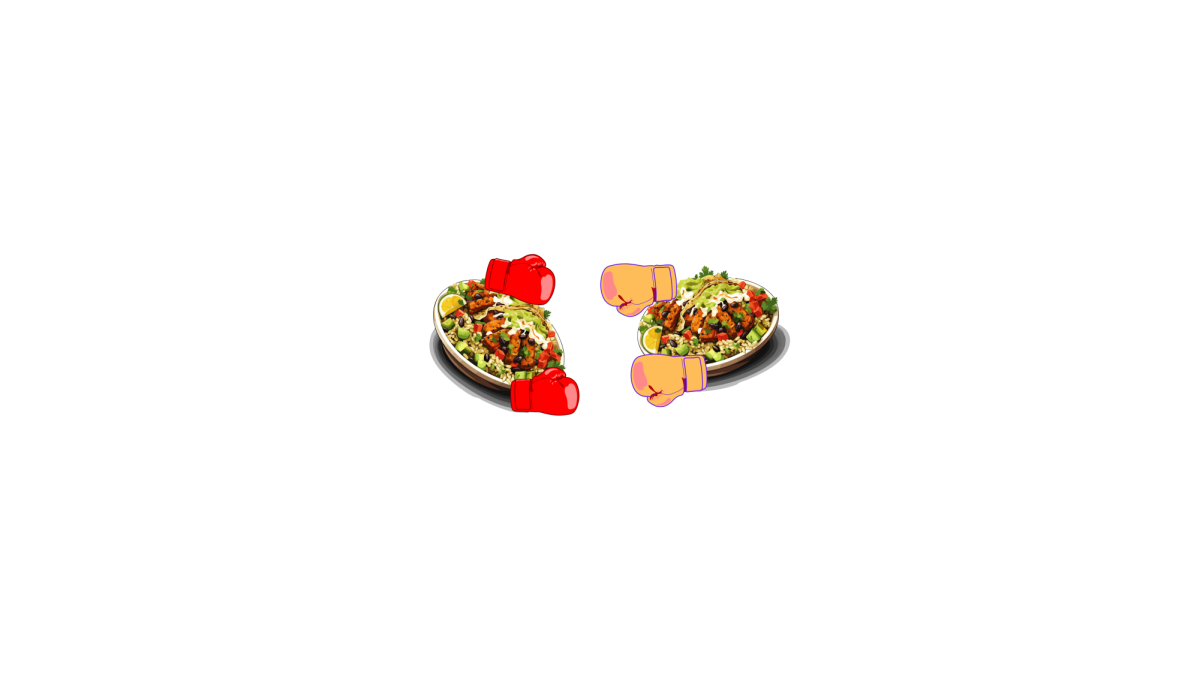Tastemade’s ‘Funke’ Portrays Pretentious Pasta Perfection
October 10, 2019
Out of the 365 documented pasta shapes in the world, chef Evan Funke can make 188 by hand. Tastemade’s documentary “Funke” follows the chef through a rollercoaster of a career, complete with bankruptcy, instruction from an Italian master and, yes, lots and lots of pasta.
The overall unlikeable Funke is first introduced through a voiceover, in which he describes how extremely in depth he thinks about pasta. Beautiful shots of pasta being rolled out and falling into water play as Funke goes on about the geometry of each piece — the uniformity that is needed in order for the pasta to be perfect.
Funke knows a lot about pasta, and he wants viewers to know that.
As he said, “Passion’s not the word. I’m f—ing maniacal about pasta.”
Funke emphasizes throughout the documentary that handmade pasta is better than machine-made pasta, almost to the point of annoyance. I know that handmade pasta is his specialty, but when the difference is mentioned on more than three separate occasions, it gets to be too much.
The documentary definitely showed Funke’s “passion-not-passion” by interviewing not only him, but also his parents, former employees, former bosses, friends and two of his most influential mentors.
They all said the same things. Funke is great at making pasta, and he might be invested in it to the point of insanity.
The film covered Funke’s first job as head chef and his departure from that to open his own restaurant, Bucato. It also showed Bucato’s fall from grace.
After making an estimated $3.5 million in the first year, checks from Bucato began bouncing. Employees, bills and vendors were not getting paid. Lawsuits piled up and Funke left the restaurant suddenly, filing for bankruptcy.
While the documentary kept me engaged in this sequence of events, it was a little disorganized. First I saw Funke entering his now defunct restaurant, then his getting his first job. It was completely out of order.
Another issue I had was that the money situation was never fully explained. Did the co-owner of the restaurant embezzle money? Did Funke himself wreck his dream? What happened to the $3.5 million?
Former employees criticized Funke’s exodus from Bucato. One employee said he felt like Funke abandoned the restaurant, and should have gone down with it like a captain should go down with his ship.
These interviews, along with Funke’s smugness, almost made me want to stop watching. Funke was continually pretentious about pasta, and while he has the right to be, his attitude soured the film for me. With the rest of the documentary being about his quest for redemption in building another restaurant, I found it difficult to root for him.
While Funke is an unpleasant focus, the documentary is beautifully made. Each shot feels thought out, and the various angles and slow motion captures of individual pieces of pasta being created made me feel as though I were watching those “satisfying” videos that are always trending on Instagram or Snapchat.
Clearly, time and effort went into this film. A crew even followed Funke to Italy. While I wasn’t entirely interested in Funke, the peek behind the scenes of the restaurant business made for an entertaining film. If you like pasta, learning about restaurants or maybe just high quality satisfying videos, this documentary is perfect.











